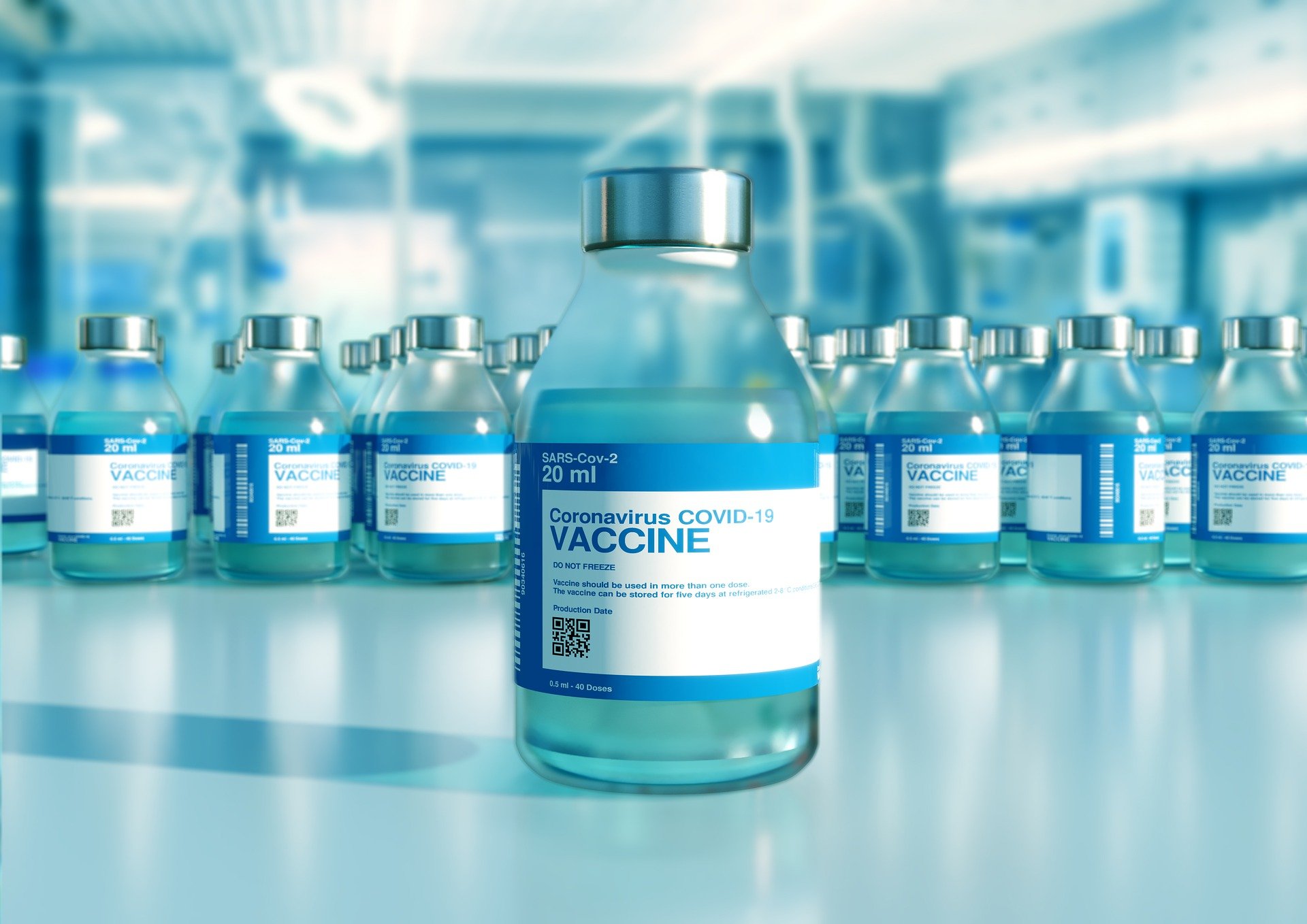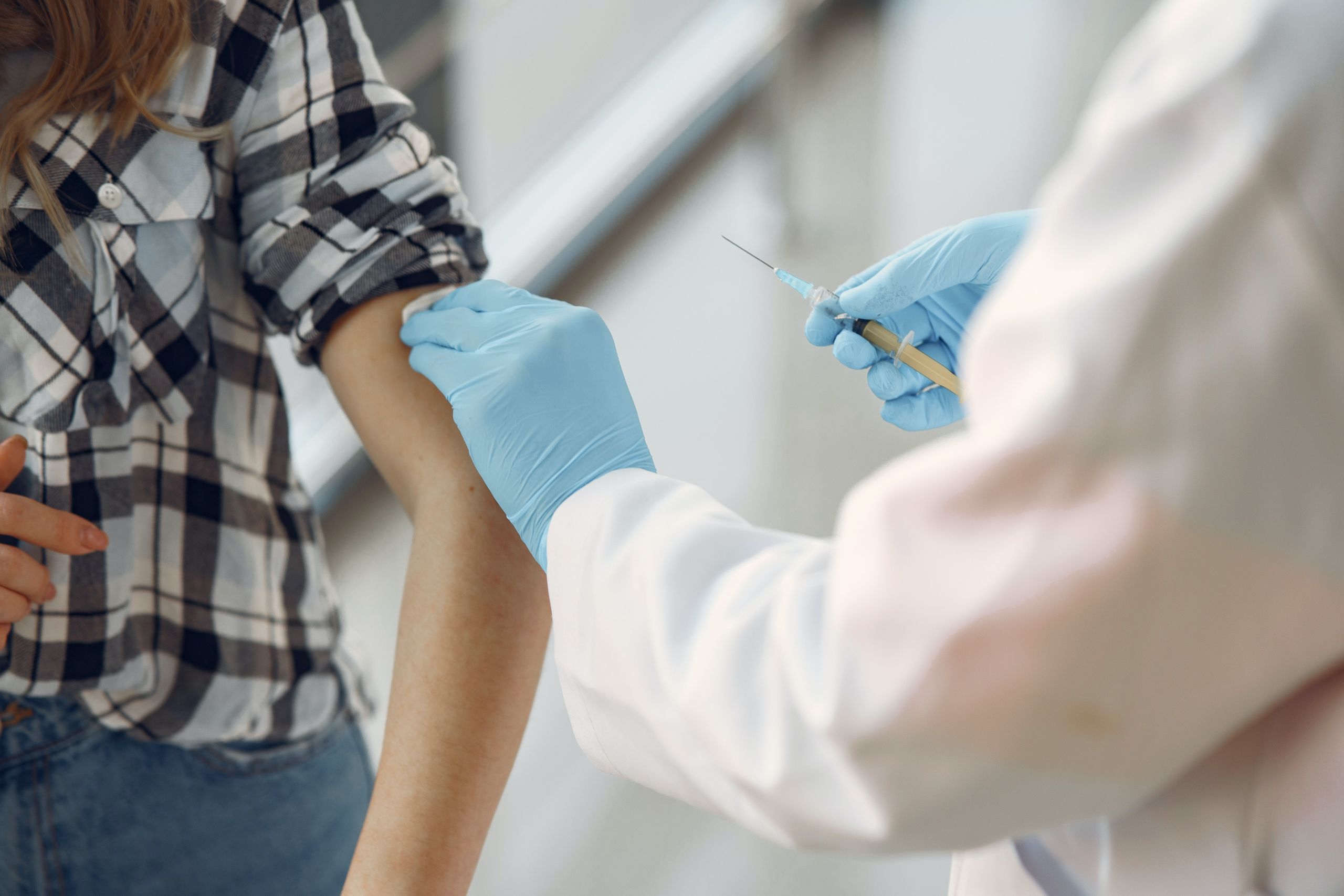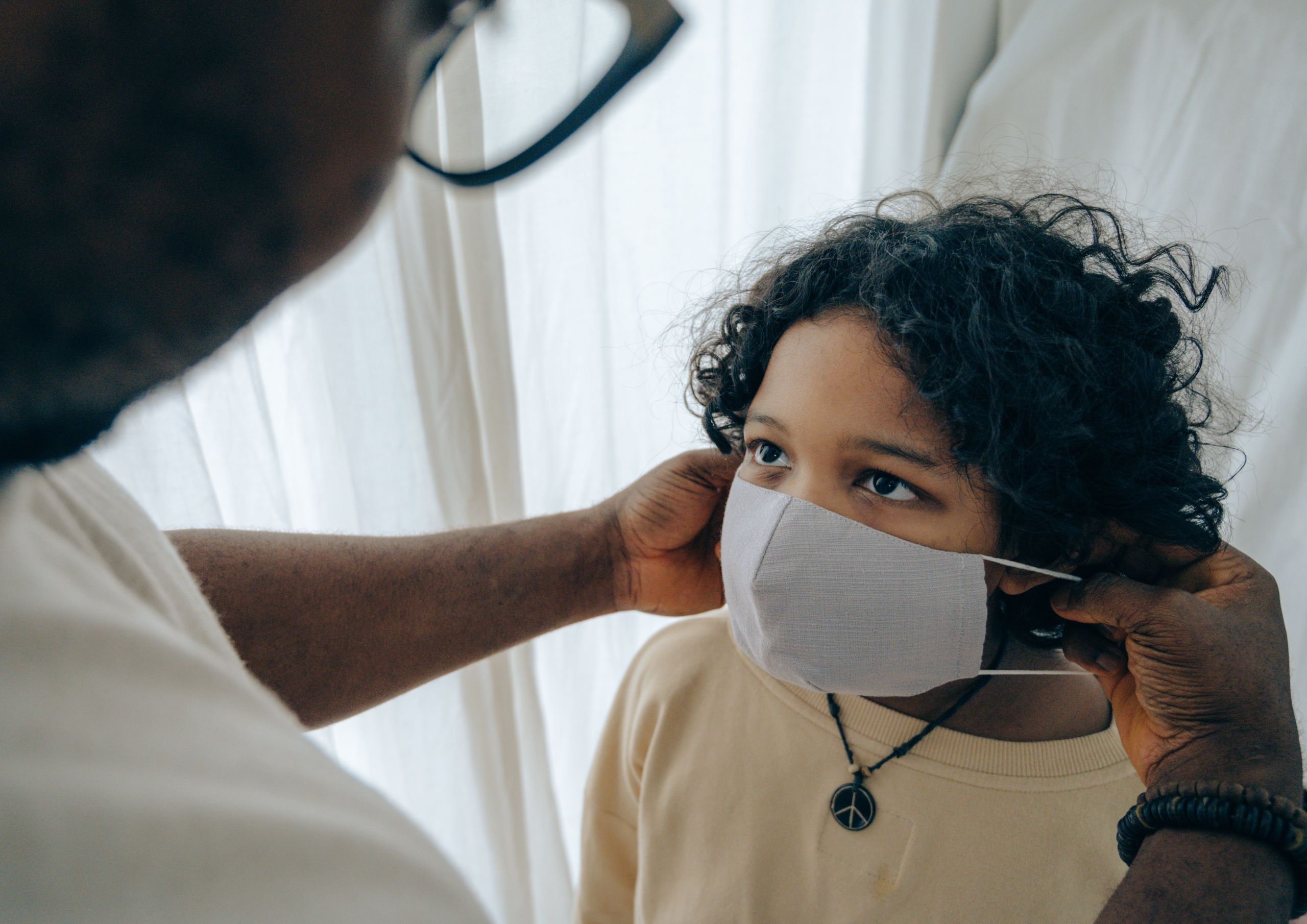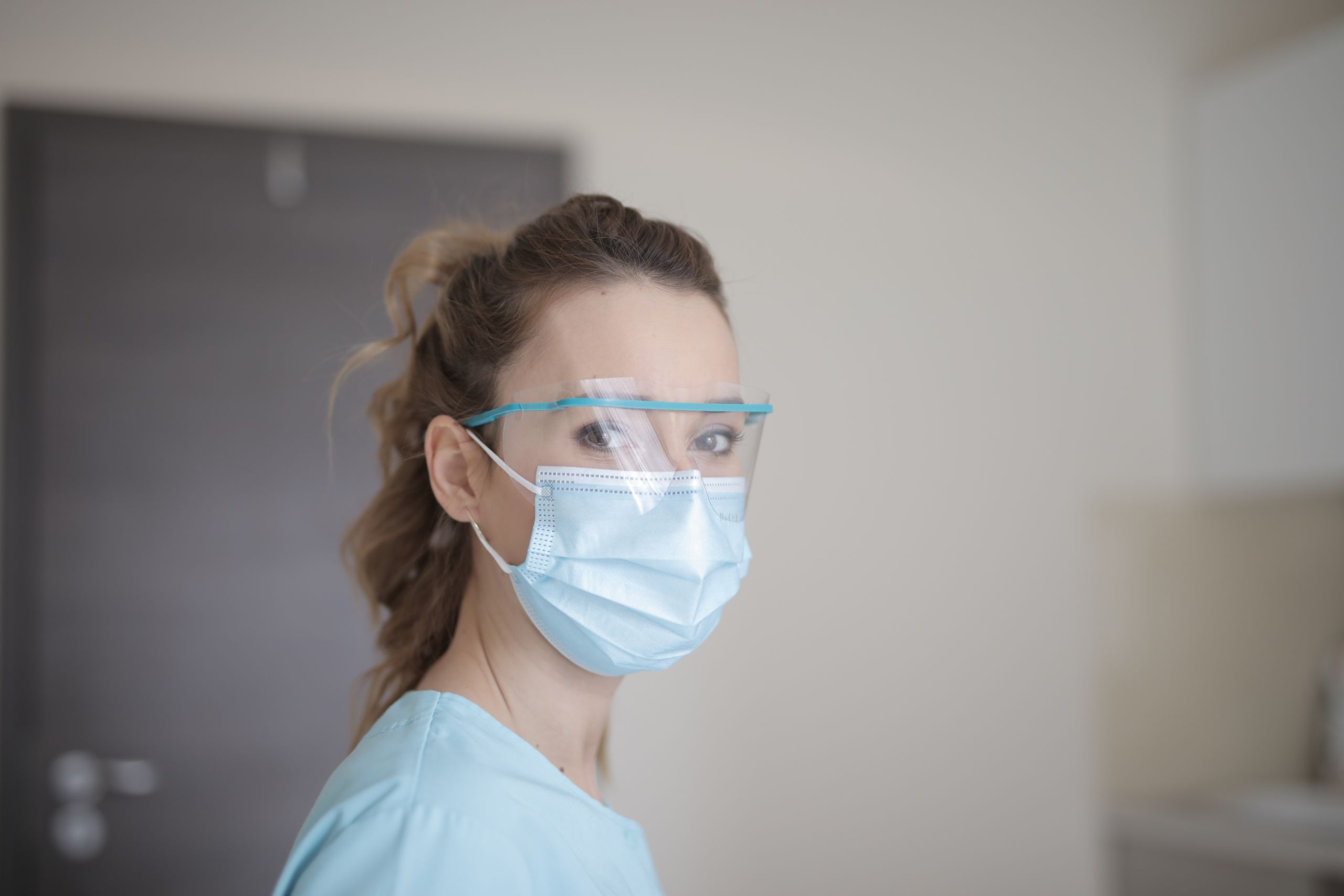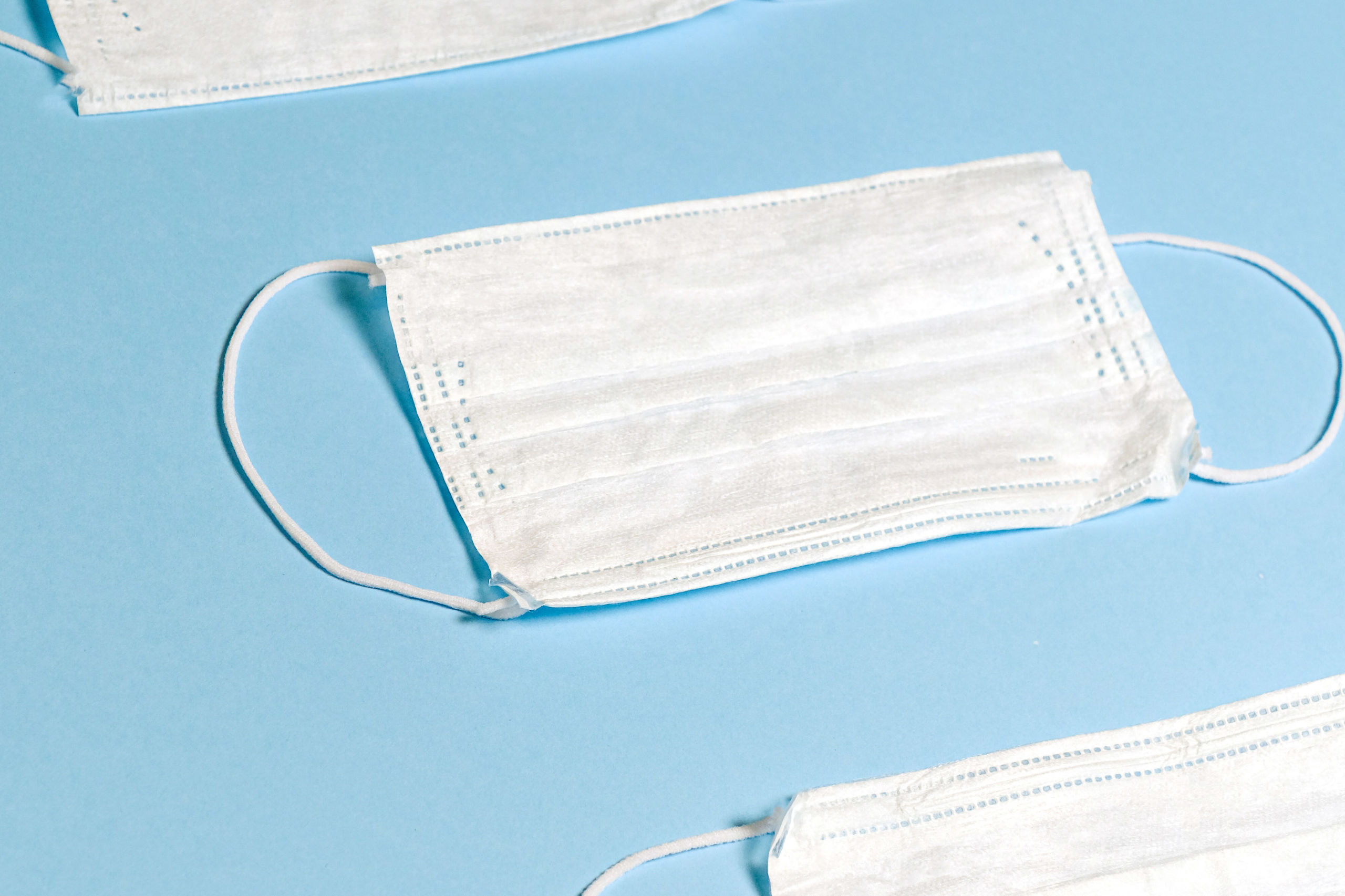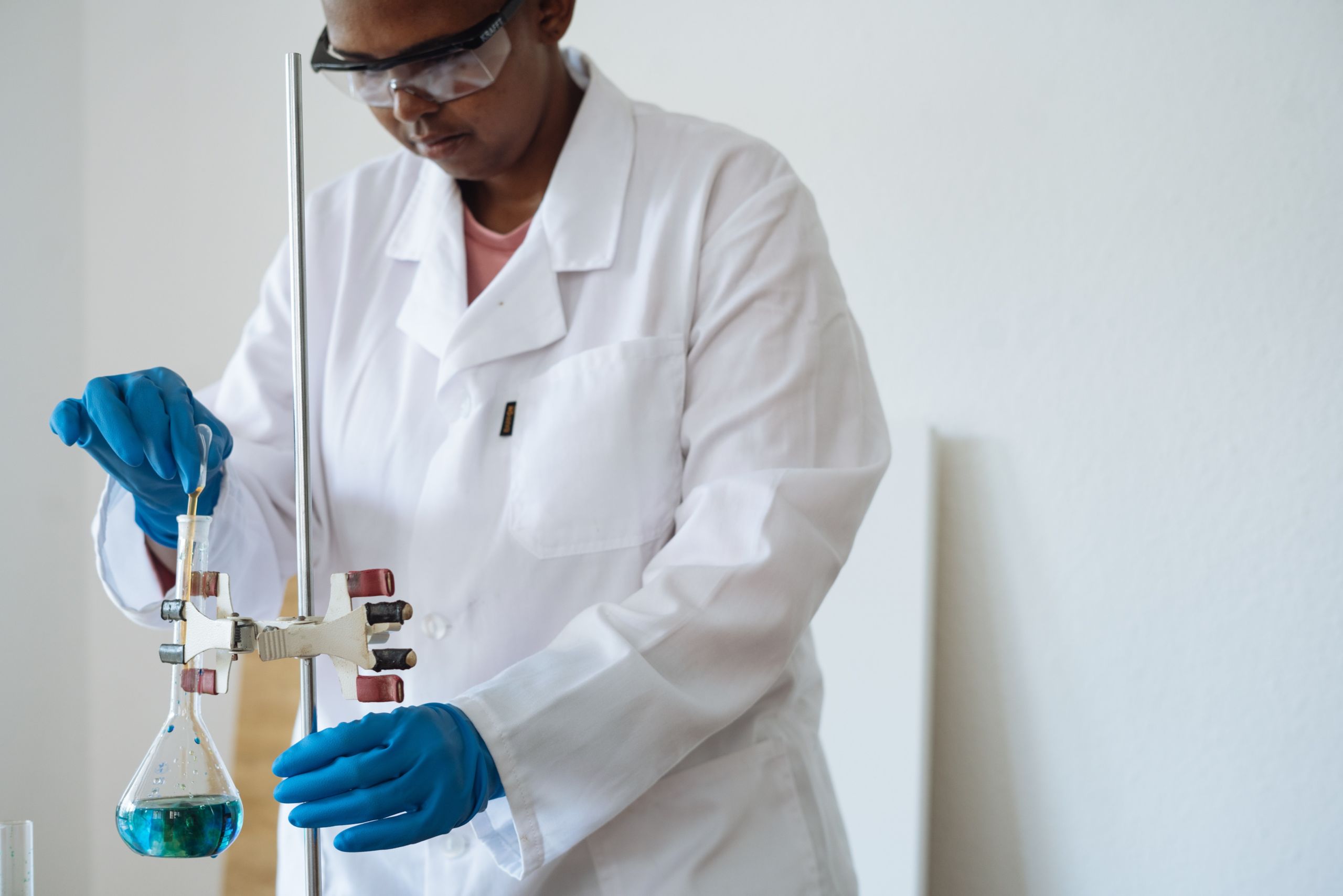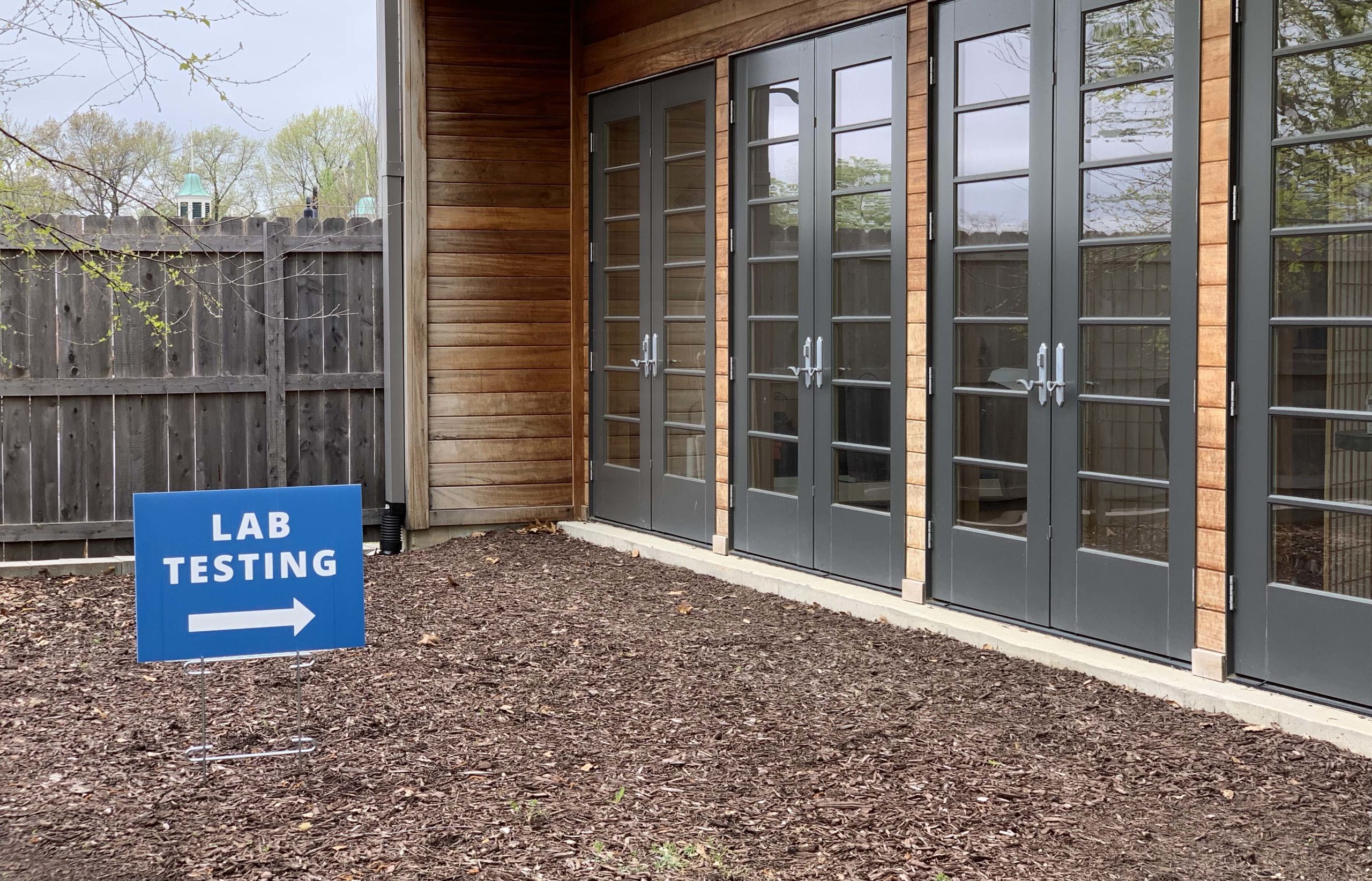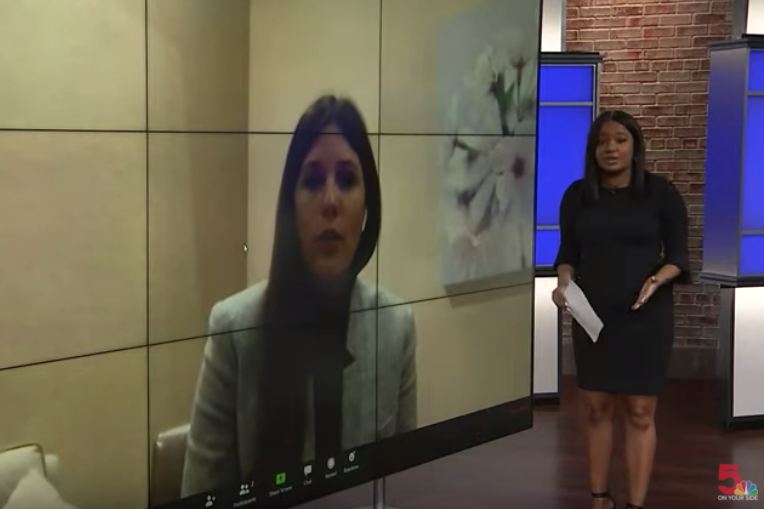Frequently Asked Questions About COVID-19
As we move into the middle of summer, we are all witnessing COVID-19 continue to spread throughout the country. I am sure this has raised concerns and questions for you and your loved ones, as it has for so many in our community. I’d like to take this moment to address some frequently asked questions, and hopefully provide you with knowledge that can help you feel informed and empowered.
Questions we are hearing often at PALM include:
- What do I do if I am exposed to someone with COVID-19?
- When would symptoms appear if I was infected?
- Do I need to be tested? Where can I go for testing?
Here is what I advise to your frequently asked questions:
What should I do if I was exposed to someone with COVID-19?
The most important thing to do is to determine whether this is considered a “Positive Exposure” by assessing the timeline and closeness of the contact.
The first step is to:
- Determine the date that the person with COVID-19 developed symptoms.
- Determine the date that you were exposed to the person with COVID-19.
Next, answer the following questions:
- Were you exposed to them during their contagious time period, which is 2 days before their symptoms developed, or within 10 days after their symptoms developed?
- Were you in close contact, meaning less than 6 feet?
- Were you in contact for 15 minutes or more?
If you answer yes to all three of these questions, then this is a positive exposure.
If you have a positive exposure, the CDC guidelines recommend that you:
- Stay home until 14 days after your last exposure and maintain social distance (at least 6 feet) from others at all times;
- Self-monitor for symptoms (see list below);
- Avoid contact with people at risk for severe illness.
When would symptoms appear if I am infected with the coronavirus?
Symptoms may appear anywhere from 2 to 14 days after exposure, and most typically within 4 to 6 days.
The most common symptoms can be mild to severe and can include:
- Fever or chills
- Cough
- Shortness of breath or difficulty breathing
- Fatigue
- Muscle or body aches
- Headache
- New loss of taste or smell
- Sore throat
- Congestion or runny nose
- Nausea or vomiting
- Diarrhea
You can also have SARS-CoV-2, the virus that causes COVID-19, without having any symptoms, which is referred to as being “asymptomatic.”
When will I start to be contagious if I am infected with the coronavirus?
If you become infected, the virus is most contagious during the first 3 days after the onset of symptoms. However, spread of infection is possible before any symptoms appear, as well as by those who are asymptomatic.
Should I get tested if I have been exposed to someone with COVID-19 disease?
If you had a positive exposure it is important to get tested during the correct time frame to improve the accuracy of the test. We recommend the following:
- If you do not develop symptoms, it is best to wait until at least 5 days after exposure. You will definitely receive a false result if you take the test on the same day, or the day after, your positive exposure.
- If you develop symptoms such as fever, cough, or shortness of breath you should get tested as soon as possible.
For more personalized recommendations, contact your doctor’s office.
If I have been exposed and receive a negative test result, do I still need to self-quarantine?
Since there is a possibility of false test results and symptoms can take up to 14 days to develop, the CDC stills recommended 14 days of self-quarantine if you have a known positive exposure even if your test is negative. It is best to discuss your circumstances with your doctor if your test result is negative.
How do I get tested for coronavirus?
To be tested for an active infection, the gold standard remains a nasal swab with PCR analysis. There are two types of PCR testing:
- Rapid PCR testing, which provides results within an hour;
- “Send out” PCR testing, which provides results in 3-10 days.
There are testing sites all across the state; however, the availability of testing at locations varies day-to-day. Speak with your doctor’s office to determine the best place for you to go depending on the situation and availability of testing.
Can antibody testing determine if I have an active COVID-19 infection?
Antibody testing checks for past infection, not current infection. As it can take up to 3 weeks for antibodies to develop in our bodies, we cannot rely on antibody testing to tell us about active infection. Also of note, while antibodies suggest past infection with SARS-CoV-2, we do not have information yet as to whether a past infection will confer immunity.
How do I get tested for antibodies?
Antibody testing is available at PALM Health. If you would like to check for antibodies after exposure to COVID-19, we suggest waiting at least 3 weeks after exposure. If you test positive for antibodies, we do not know your risk for re-infection. Therefore, we recommend that you continue to follow current guidelines to protect yourself from re-infection and help protect others around you.
How long after I am infected will I continue to be contagious, or need to stay isolated?
Guidelines recommend that you self-isolate until you meet the conditions of either the symptom-based or test-based strategy to discontinue isolation.
Symptom-based strategy: You must meet all three criteria below:
- At least three days (72 hours) fever-free without the use of fever-reducing medications;
- Improvement in respiratory symptoms (e.g., cough, shortness of breath);
- At least 10 days have passed since symptoms first appeared.
Test-based strategy: You must meet all three criteria below:
- Resolution of fever without the use of fever-reducing medications;
- Improvement in respiratory symptoms (e.g., cough, shortness of breath);
- Negative results from at least two consecutive tests taken at least 24 hours apart.
If you have tested positive but are asymptomatic, then guidelines recommend to self-isolate for 10 days after the date of your first positive COVID-19 diagnostic test.
Again, I hope that this information can help you and your loved ones as we all work together to keep ourselves well cared for and protected. Your PALM team is here to support you with any further questions.
Sincerely,

Sita Kedia, MD, MPH, FAHS
Chief Medical Officer | PALM Health
9160 Clayton Road, Ladue, Missouri 63124
p: 314-801-8898 | www.palmhealth.com

